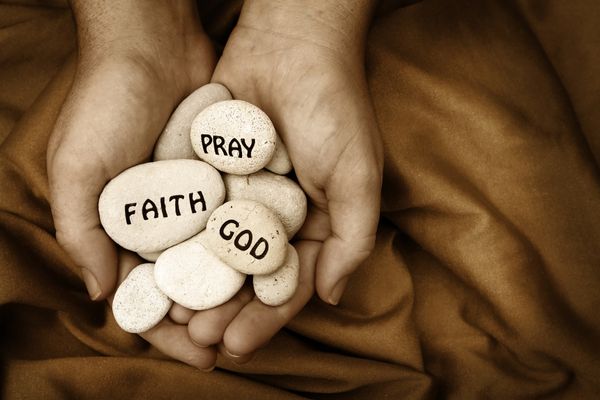The fellowship of Alcoholics Anonymous (AA) has been around since 1935. During its 78-year history, some things have changed, and others have stayed the same. The AA organization has received its fair share of criticisms for various reasons. One of the most common is its perceived “religiousness.”
This article will explore AA’s relationship with religion and how this relationship has evolved over the years to become more “spiritually-minded” than religious.
Understanding AA’s Religious Roots
The first AA fellowship was founded in 1935 by Bill Wilson (“Bill W.”) and Dr. Robert Holbrook Smith (“Dr. Bob”) in Akron, Ohio, USA. They were members of a fundamentalist Protestant Christian movement, the Oxford Group. Some of the fundamental beliefs of the Oxford Group were absolute surrender to the Holy Spirit, purity, love, honesty, and unselfishness.
They had strong religious beliefs – a key part of their approach to sobriety.
The original “Alcoholics Anonymous” book, also known as “The Big Book,” was published in 1939 and contained the initial 12 Steps. The Steps remain at the core of AA to this day and have been adapted to other substances, like narcotics.
Of these original 12 Steps, Step 2 introduces the idea of a “power greater than ourselves” capable of returning us to sanity after falling into alcoholism.
Step 3 is the first to directly mention God “as we understood Him,” indicating that even in its original Christian form, the Steps allowed for some flexibility on the member’s part to input what they imagine to be their God or equivalent.
Steps 5, 6, 7, and 11 also directly mentioned God. Step 12 is focused on a “spiritual awakening.”
Steering from religiousness to spirituality
Over time, AA’s religious roots have caused some controversy, with some people refusing to participate in AA meetings for considering the group religious or going as far as to call it a “cult.”
In practice, however, AA meetings are inclusive to all kinds of people from all walks of life. AA members and speakers are open to all religions, including Christianity, Catholicism, Buddhism, Islam, Native American faith traditions, atheism, and agnosticism. It is not a core AA belief to pressure people into understanding the term “God” in the Protestant Christian context of its founders.
Even in their original, more explicitly religious form, the Steps clearly state that each attendee can understand God in their way, contrary to the belief that AA forces anyone to conform to the Christian God.
The word “God” remains in the 12 Steps the official AA website provides. However, some groups prefer providing non-religious support and have removed it from their Steps to offer a secular alternative.
Other practices, like reciting the Lord’s Prayer at the end of meetings, have slowly faded in all but the explicitly religious AA groups. And even in groups who still recite it, people are free not to participate if they wish.
Do Scientists Consider AA To Be “Religious”?
Finally, the opinion of experts is essential, too. On that note, a recent review categorically determined that dismissing AA as “religious” is a mistake.
AA also provides the added benefit of being free and available long-term for the communities around it. Denying the documented benefits of AA as a significantly valuable part of addiction treatment due to its perceived “religiousness” is contrary to decades worth of evidence.
Can AA’s spirituality drive some people away?
Even if AA’s concepts have become more spiritual than religious over time, the spiritual emphasis still resonates the most with people who already are religious or deeply spiritual before joining. Not religious or spiritual people may find it hard to relate to the Steps if they’re not used to engaging with terms like “Higher Power.”
If you want support groups, don’t let AA’s spirituality drive you away. AA members should not force others to share religious beliefs to participate in meetings. You will be welcomed regardless of religion, origin, background, race, or any other part of you.
Additionally, there are agnostic and atheistic AA groups.
Ultimately, Is AA “Religious”?
AA has clear Protestant Christian roots and does mention God in its 12 Steps. However, the Steps still clarify that every member can understand “God” in their own way.
Over time, the explicitly religious overtones have faded from many AA groups (though they still exist in some). AA has remained an all-inclusive mutual-help support structure for many recovering alcoholics.
Furthermore, there’s scientific evidence that suggests AA meetings can have a positive effect on recovery, especially when combined with other forms of treatment. Don’t overlook AA for being “religious,” or you may miss out on a precious resource for your recovery.
